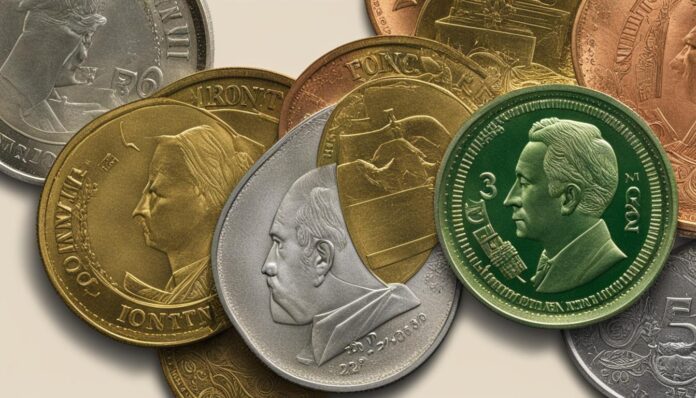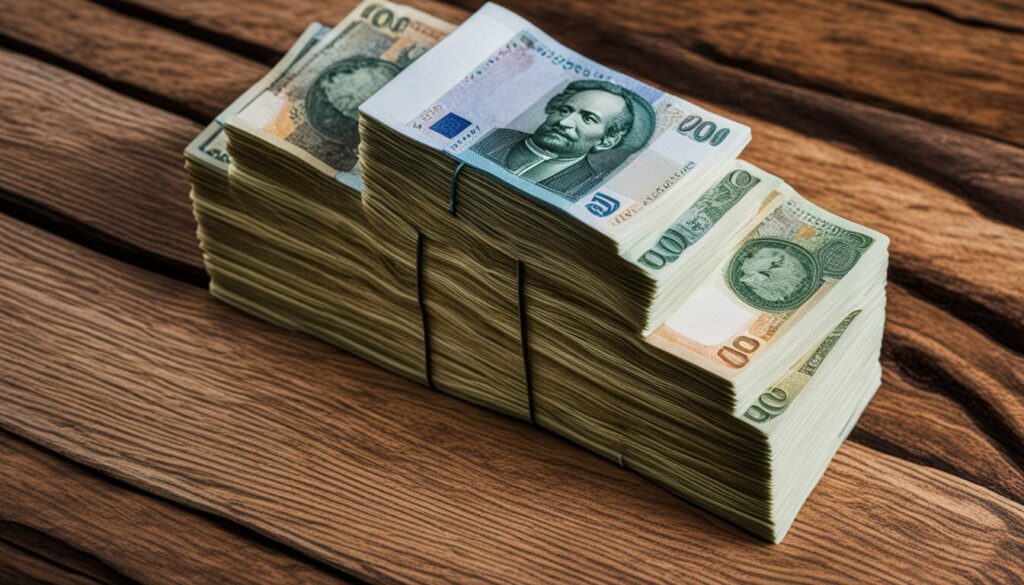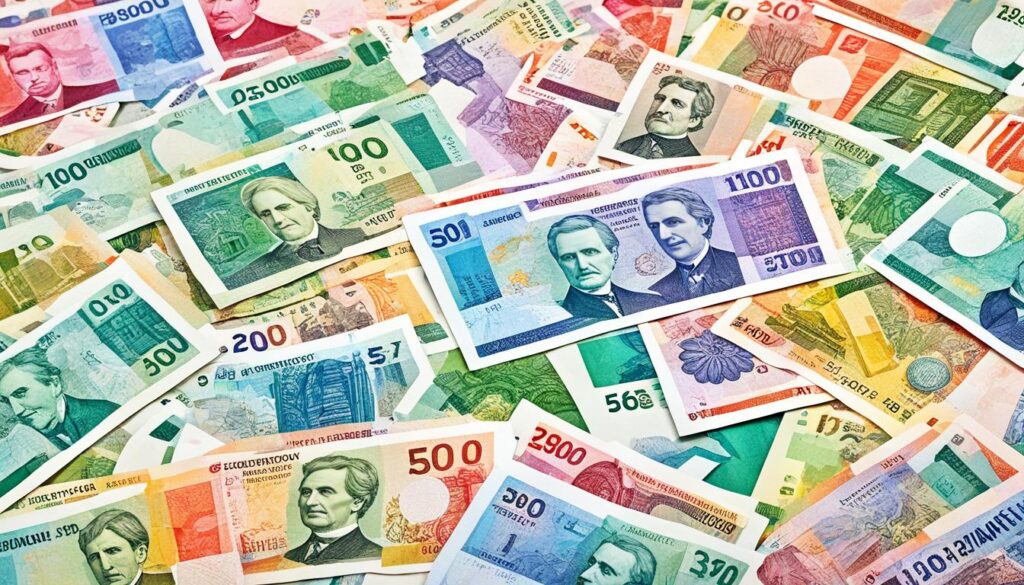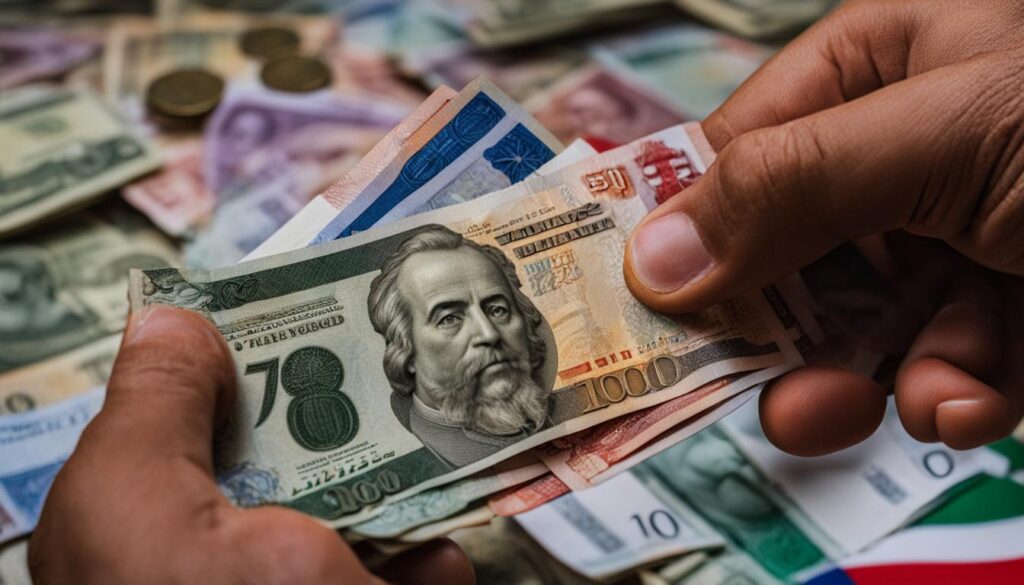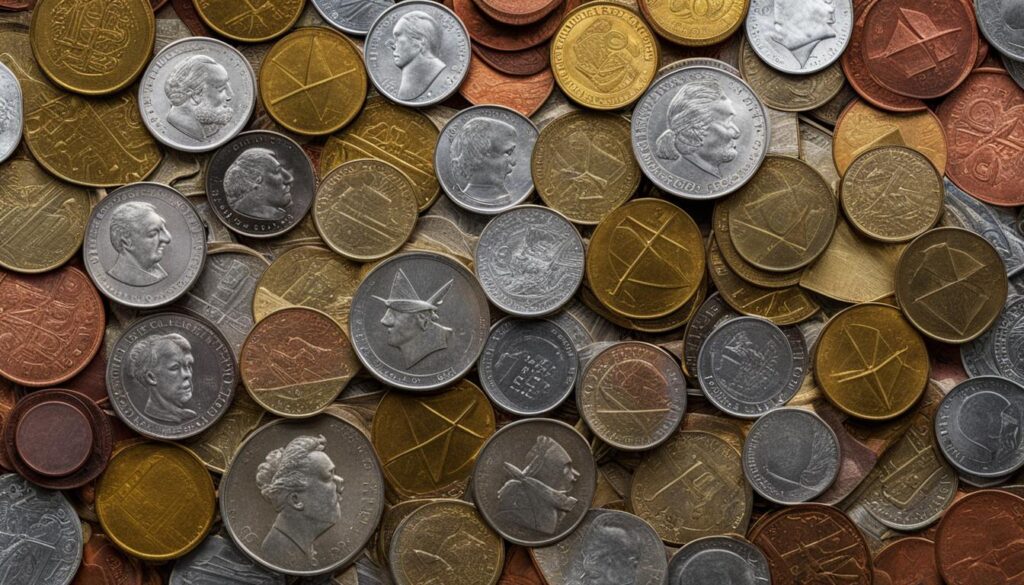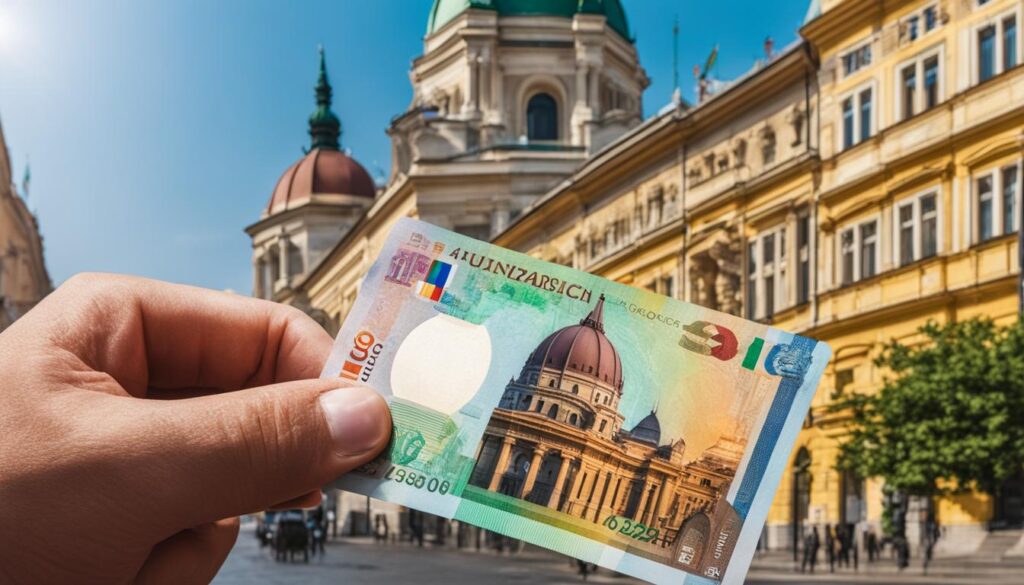Planning a trip to Hungary and wondering how much money to bring? Understanding the currency in Hungary and how much it’s worth can help you budget for a stress-free vacation. Hungary uses the Hungarian forint (HUF) as its currency, and you’ll need to exchange your dollars for forint to get by during your stay. But how much money should you bring to Hungary? This comprehensive guide will provide all the information you need to make informed decisions about managing your money during your trip.
What is the Currency in Hungary?
When traveling to Hungary, it’s important to know what currency is used in the country. The official currency of Hungary is the Hungarian forint (HUF). It has been used since 1946, when it replaced the pengő after Hungary suffered inflation and an economic collapse following World War II. The new currency aimed to stabilize the economy and attract foreign investment, and it has been the main form of payment in the country ever since.
The Hungarian forint comes in different denominations, such as 10,000, 5,000, 2,000, 1,000, 500, 200, 100, 50, 20 and 10. The coins come in one, two, five, 10, 20, 50 and 100 forints. When exchanging money, you should check to ensure that you receive the correct amount for the currency you are exchanging.
The Hungarian forint has a fascinating history, having been introduced after World War II in response to economic collapse and inflation.
Exchange Rate and Currency Conversion in Hungary
When traveling to Hungary, it’s essential to have a basic understanding of the exchange rate and currency conversion. The official currency used in Hungary is the Hungarian Forint, which is abbreviated as HUF. The exchange rate of HUF against the United States Dollar (USD) varies depending on numerous factors such as market conditions, monetary policies, and geopolitical events.
Converting your currency to HUF can be done in a variety of ways, including at banks, exchange offices, or using an ATM. It’s important to note that some exchanges may charge additional fees, so it’s vital to research the best ways to convert your currency. For instance, using an ATM can be the most cost-effective way to obtain HUF. However, check with your bank to ensure that your debit or credit card is valid for use overseas, as well as to inquire about any potential withdrawal fees.
Where to Find the Best Exchange Rates in Hungary
There are plenty of places to exchange your currency in Hungary, but not all exchanges offer the same rates. It’s essential to compare rates offered by different exchanges and choose the one that provides the most favorable rate. Banks, especially larger chains, often provide the best exchange rates. Exchange offices and hotels may also offer competitive rates, but be aware of additional fees they may charge.
Avoiding Scams When Exchanging Currency
When using an exchange office to convert your currency, it’s important to be wary of scams. Always double-check the exchange rate, commission, and any other fees before exchanging currency. Additionally, be wary of individuals offering to exchange money on the street, as they may be seeking to scam unsuspecting tourists.
In conclusion, it’s essential to have a thorough understanding of the exchange rate and currency conversion when traveling to Hungary. Using the tips provided here and conducting thorough research, you can minimize the fees associated with currency conversion and make the most of your trip to Hungary.
Bringing Money to Hungary: Cash or Card?
If you’re planning a trip to Hungary, you might be wondering whether it’s better to bring cash or a card. The truth is, both options have their advantages and disadvantages.
If you choose to bring cash, it’s a good idea to exchange your currency before you arrive in Hungary. You can do this at a bank or currency exchange office in your home country or at the airport upon arrival. However, keep in mind that carrying large amounts of cash can be risky, so it’s important to keep it secure at all times.
If you prefer to use cards, make sure to inform your bank about your travel plans to avoid any issues with card usage. Credit and debit cards are widely accepted in Hungary, with most merchants, restaurants, and hotels accepting major cards. It’s also worth noting that many ATMs in Hungary accept international cards, but you may encounter additional fees for withdrawals.
In general, it’s a good idea to have a mix of cash and cards for your trip to Hungary. This way, you can have flexibility and be prepared for any situation.
How Much Money Should You Bring to Hungary?
When planning a trip to Hungary, it’s essential to determine how much money to bring with you in order to budget effectively. The amount of money you’ll need will largely depend on the type of trip you’re planning and the activities you have in mind. To help you come up with a rough estimate, consider the following expenses:
| Expense | Average cost |
|---|---|
| Accommodation (per night) | $50-$100 |
| Transportation (per day) | $5-$15 |
| Food and drinks (per day) | $20-$30 |
| Activities and entertainment | Varies |
| Emergency funds | $100-$300 |
Keep in mind that these are just rough estimates, and costs can vary widely depending on your travel style and personal preferences. If you plan on partaking in more expensive activities or dining at high-end restaurants, you’ll obviously need to budget more money for those experiences.
When bringing cash to Hungary, it’s a good idea to carry a mix of bills and coins in smaller denominations. This will make it easier to pay for small expenses and to avoid overpaying. However, it’s also advisable to bring a credit card or debit card as a backup, just in case you run out of cash or need to make a larger purchase.
You should also be aware that there are certain fees associated with using ATM or credit cards in Hungary. Check with your bank to see if they have any partnerships with local banks, or any other ways to reduce these fees.
In general, it’s better to overestimate rather than underestimate how much money you’ll need for your trip to Hungary. With a little planning and preparation, you can ensure that you have enough funds to fully enjoy your travels in this beautiful country.
Tips for Managing Your Money in Hungary
When traveling to Hungary, it’s important to have a plan for managing your money effectively to avoid running out of funds and experiencing financial stress. Here are some practical tips for managing your money while in Hungary:
Carrying Cash Safely
Carrying cash is still a common method of payment in Hungary, especially in smaller towns and villages. It’s important to keep your cash safe by storing it in a money belt or hidden pocket. Avoid carrying large sums of cash and keep only the amount of money you need for the day.
Using ATMs
ATMs are widely available throughout Hungary, especially in big cities. It’s recommended to use ATMs attached to banks to avoid potential scams. Check with your bank for any international transaction fees and make sure to withdraw enough money for a few days at a time to minimize additional charges.
Understanding Payment Practices
While credit cards are becoming increasingly popular in Hungary, some small businesses and local markets may only accept cash payments. It’s also important to note that tipping is customary in Hungary for good service, usually around 10% of the total bill.
“By following these tips, you can manage your money effectively and enjoy your trip to Hungary without any financial stress.”
Overall, managing your money in Hungary can be easy and stress-free with a little bit of planning and preparation. By carrying cash safely and understanding payment practices, you can minimize any potential issues and enjoy your trip to the fullest.
Where to Exchange Currency in Hungary
When traveling to Hungary, it’s important to know where to exchange your currency to avoid unexpected fees or restrictions. Recommended places to exchange currency in Hungary include banks, exchange offices, and hotel services.
However, it’s essential to be aware of any fees or restrictions that may be associated with currency exchange. Banks usually offer the best exchange rates and fees, but many have limited hours of operation and may require an account with the bank.
Exchange offices can be found throughout the country, often open longer hours and providing faster service. However, they may charge higher exchange rates and fees than banks. Be sure to compare rates and fees before exchanging currency.
Hotels usually offer currency exchange services, but they may charge additional fees and offer less favorable exchange rates. It’s recommended to only exchange small amounts at hotels in case of emergency.
When exchanging currency, be sure to have your passport with you and count your money before leaving the exchange office or bank.
Recommended Places for Currency Exchange in Hungary:
| Exchange Service | Fees | Exchange Rate |
|---|---|---|
| Bank | Low fees | Good exchange rate |
| Exchange office | Higher fees | May have a lower exchange rate than Banks |
| Hotel | Higher fees | May have a lower exchange rate than Banks |
Using Cards and ATMs in Hungary
When it comes to accessing your money in Hungary, using cards and ATMs can be a convenient and secure option. However, it’s important to keep in mind a few key considerations before you start relying on plastic.
Card Acceptance
While most major credit and debit cards are widely accepted in Hungary, it’s always a good idea to carry some cash as a backup. Some small businesses may not accept card payments, and you don’t want to be caught out without any other payment options.
ATM Locations
ATMs can be found throughout Hungary in a variety of locations, including inside banks, shopping centers, and airports. However, it’s important to be cautious of your surroundings when using an ATM. Stick to machines that are in well-lit, public areas and always shield your PIN when you enter it.
Additional Fees
When you use your card or ATM in Hungary, you may encounter additional fees. These can include foreign transaction fees, currency conversion fees, and ATM withdrawal fees. Make sure you check with your bank or credit card company before you travel to see what fees may apply.
Pro Tip: If you’re traveling with a partner, consider carrying cards from different banks or accounts. This way, if one card is lost or stolen, you’ll still have access to funds from the other account.
Overall, using cards and ATMs can be a convenient way to access your money in Hungary. Just make sure you take the necessary safety precautions and pay attention to any potential fees.
Safety Considerations for Carrying Money in Hungary
When it comes to carrying money in Hungary, safety should be your top priority. The risk of theft or loss is always present, and it’s important to take appropriate precautions to keep your money secure while traveling.
To minimize the risk of theft, consider carrying only the cash you need for the day and leaving the rest in a secure location, such as a hotel safe. If you do need to carry large amounts of cash, keep it in different pockets or a money belt to avoid drawing unwanted attention.
| Tip | Description |
|---|---|
| Use Credit Cards | Consider using credit cards for purchases instead of cash. Many vendors accept major credit cards, and this can provide an added layer of protection in case of theft or loss. |
| Use ATMs Wisely | Avoid using ATMs in secluded areas or at night, and be aware of your surroundings when withdrawing cash. Cover the keypad when entering your PIN number to prevent unauthorized access. |
| Keep a Record | Keep a record of the serial numbers and denominations of the cash you are carrying in case of theft or loss. This can help with recovery efforts and filing insurance claims. |
| Be Wary of Scams | Be vigilant for scams when exchanging money or making purchases. Ensure that the exchange rate is fair and that any merchandise you buy is genuine. |
By following these basic safety principles, you can enjoy your trip to Hungary with peace of mind knowing that your money is secure. Remember to always keep your wits about you and stay alert for any suspicious activity.
Conclusion
Now that you understand the currency in Hungary and have an idea of how much money to bring, you can enjoy your trip to this beautiful country without financial stress. Remember to exchange your currency at recommended places, keep your money secure, and consider using a mix of cash and cards to make payments. By following these tips and recommendations, you can get the most out of your Hungarian forint and have a wonderful time exploring the local culture, cuisine, and attractions.




























